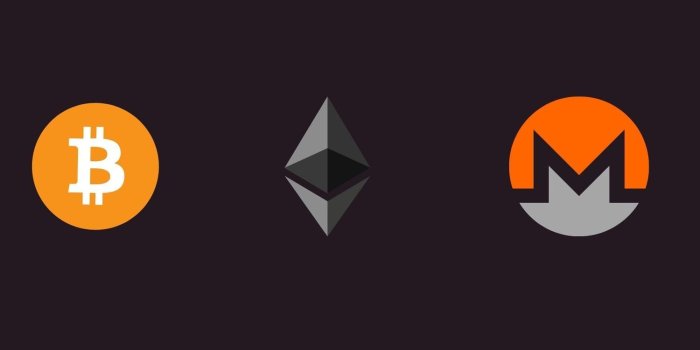Since the invention of Bitcoin in 2009, the global cryptocurrency market has grown at a stunning pace, attracting investors from all walks of life. But the crypto markets are still in their infancy; hardly regulated, extremely volatile, and a perfect breeding ground for scammers and cybercriminals.
As any serious trader knows, securing your cryptocurrency is absolutely imperative. So, what are the best ways to secure your crypto?
1. Trade on Reputable and Safe Exchanges
Crypto is usually bought and sold on exchanges, just like stocks are. There are hundreds of cryptocurrency exchanges, and dozens of them have high trading volume.
However, only a select few can be considered truly safe: Kraken, Gemini, Coinbase, Crypto.com, and Binance are arguably the best and safest crypto platforms out there.
Kraken is available in almost all countries and has a dedicated team of cybersecurity researchers. Gemini is regulated by the New York State Department of Financial Services and hyper-focused on security, while Coinbase and Crypto.com both showed exceptional transparency when they suffered breaches.
All the above-mentioned cryptocurrency exchanges are secure, have solid cybersecurity infrastructures, and store user crypto at dedicated facilities that are geographically distributed and heavily surveilled, some by armed guards.
2. Store Your Crypto in Multiple Cold Wallets
If you trade crypto, as opposed to just holding it, keeping most of it in exchange may seem like the best option, but it is definitely not a good idea from a cybersecurity perspective. While it is true there are safe exchanges, breaches do occur, and some platforms halt withdrawals on a whim, especially during downturns.
Clearly, the smartest option would be to store your crypto independent of exchanges: in multiple wallets, preferably cold or hardware wallets.
As safe as some software wallets are, cold wallets are superior in pretty much every way, at least when it comes to cybersecurity, since they are not even accessible via the internet.
Ideally, you should distribute most of your crypto across multiple cold wallets, and keep only a small portion of it in a software wallet, or on an exchange if you are a trader.
Continue reading: https://www.makeuseof.com/best-ways-secure-cryptocurrency/
As any serious trader knows, securing your cryptocurrency is absolutely imperative. So, what are the best ways to secure your crypto?
1. Trade on Reputable and Safe Exchanges
Crypto is usually bought and sold on exchanges, just like stocks are. There are hundreds of cryptocurrency exchanges, and dozens of them have high trading volume.
However, only a select few can be considered truly safe: Kraken, Gemini, Coinbase, Crypto.com, and Binance are arguably the best and safest crypto platforms out there.
Kraken is available in almost all countries and has a dedicated team of cybersecurity researchers. Gemini is regulated by the New York State Department of Financial Services and hyper-focused on security, while Coinbase and Crypto.com both showed exceptional transparency when they suffered breaches.
All the above-mentioned cryptocurrency exchanges are secure, have solid cybersecurity infrastructures, and store user crypto at dedicated facilities that are geographically distributed and heavily surveilled, some by armed guards.
2. Store Your Crypto in Multiple Cold Wallets
If you trade crypto, as opposed to just holding it, keeping most of it in exchange may seem like the best option, but it is definitely not a good idea from a cybersecurity perspective. While it is true there are safe exchanges, breaches do occur, and some platforms halt withdrawals on a whim, especially during downturns.
Clearly, the smartest option would be to store your crypto independent of exchanges: in multiple wallets, preferably cold or hardware wallets.
As safe as some software wallets are, cold wallets are superior in pretty much every way, at least when it comes to cybersecurity, since they are not even accessible via the internet.
Ideally, you should distribute most of your crypto across multiple cold wallets, and keep only a small portion of it in a software wallet, or on an exchange if you are a trader.
Continue reading: https://www.makeuseof.com/best-ways-secure-cryptocurrency/

